danielboon
TB Fanatic
Drone explodes near a military base inside Bagdad airport
View: https://mobile.twitter.com/EndGameWW3/status/1528894841391824896?cxt=HHwWgICygcDw3LcqAAAA
Drone explodes near a military base inside Bagdad airport View: https://mobile.twitter.com/EndGameWW3/status/1528894841391824896?cxt=HHwWgICygcDw3LcqAAAA


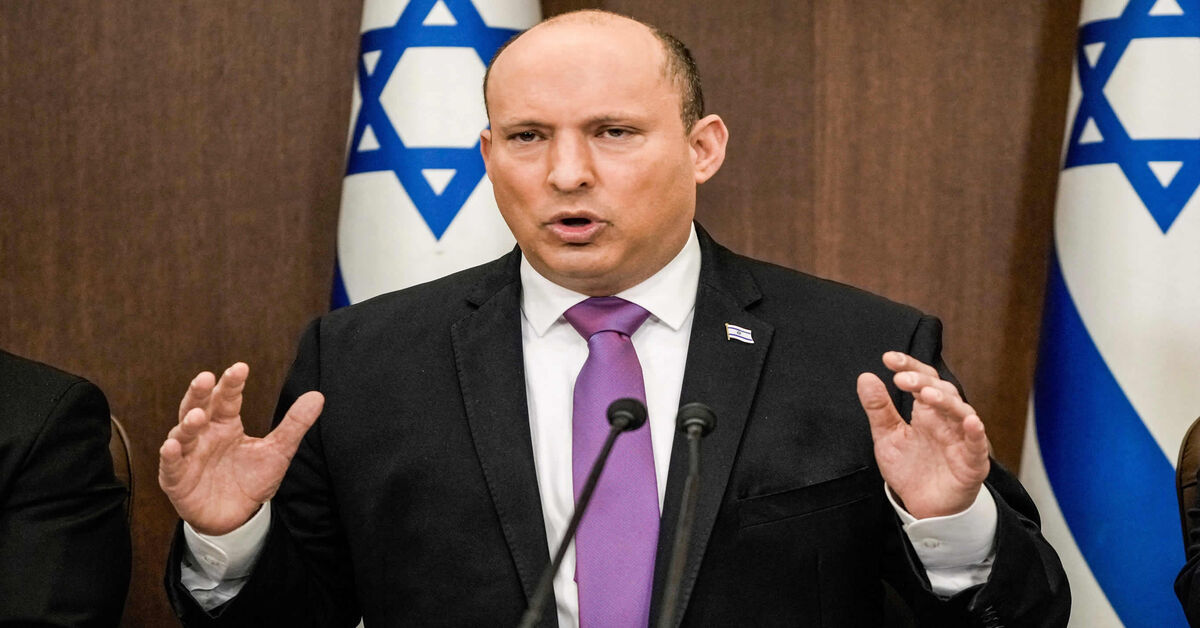
This will open the door for Israel to bomb Iran and fulfill Isaiah 17rather feels we're shifting gears yet again.
EndGameWW3
@EndGameWW3
1h
Update: US Department of Defense: The Russian withdrawal from Syrian areas includes thousands of infantry units, air forces and engineering.
US Department of Defense: Russian forces began withdrawing from Hmeimim Air Base.


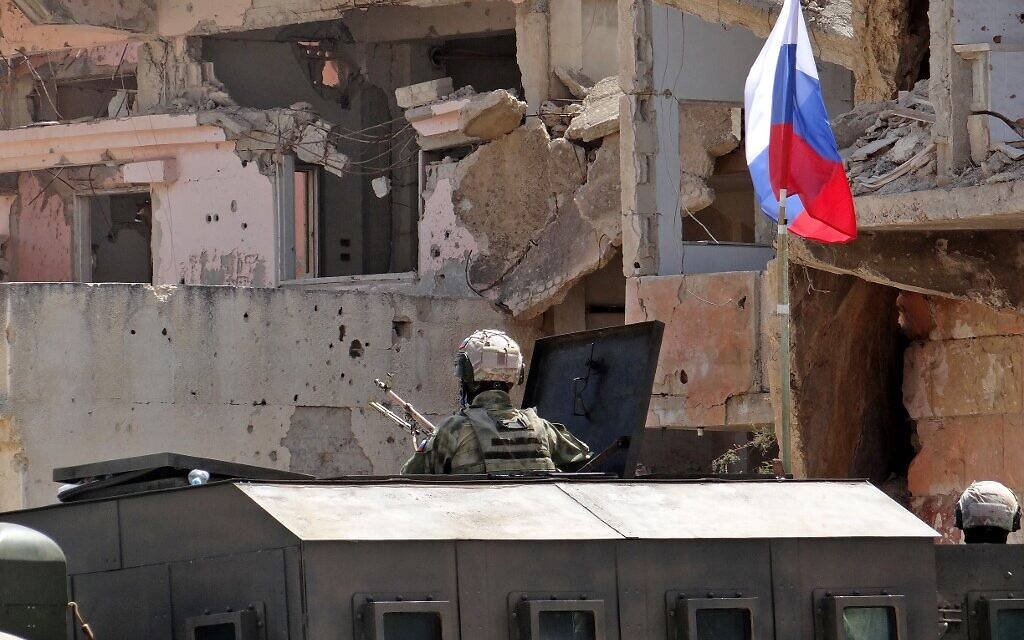

 @EndGameWW3
@EndGameWW3

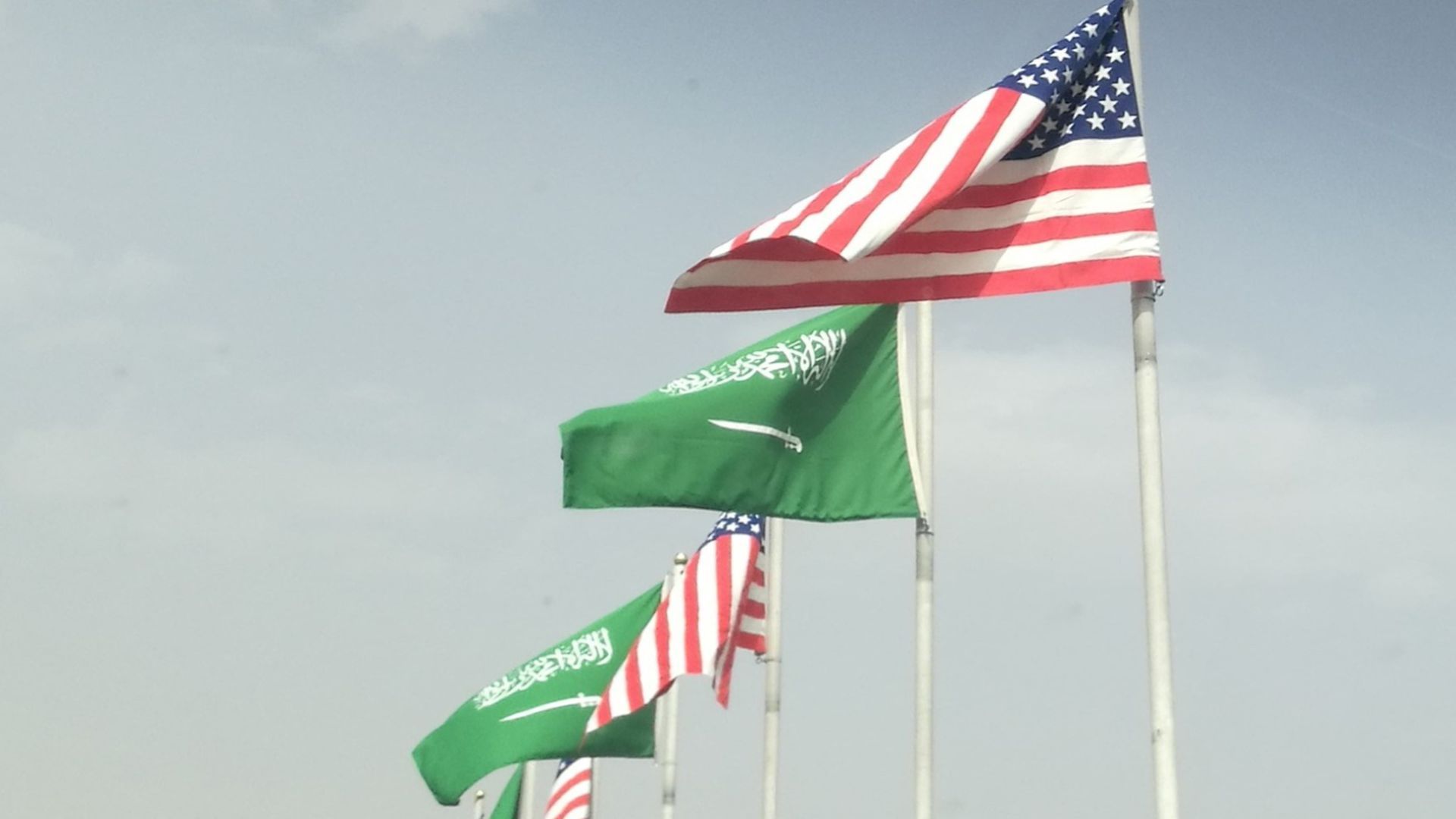 Flags of both United States and Saudi Arabia are raised in Riyadh on May 18, 2017. Photo: Ahmed Youssef Elsayed Abdelrehim/Anadolu Agency/Getty Images
Flags of both United States and Saudi Arabia are raised in Riyadh on May 18, 2017. Photo: Ahmed Youssef Elsayed Abdelrehim/Anadolu Agency/Getty Images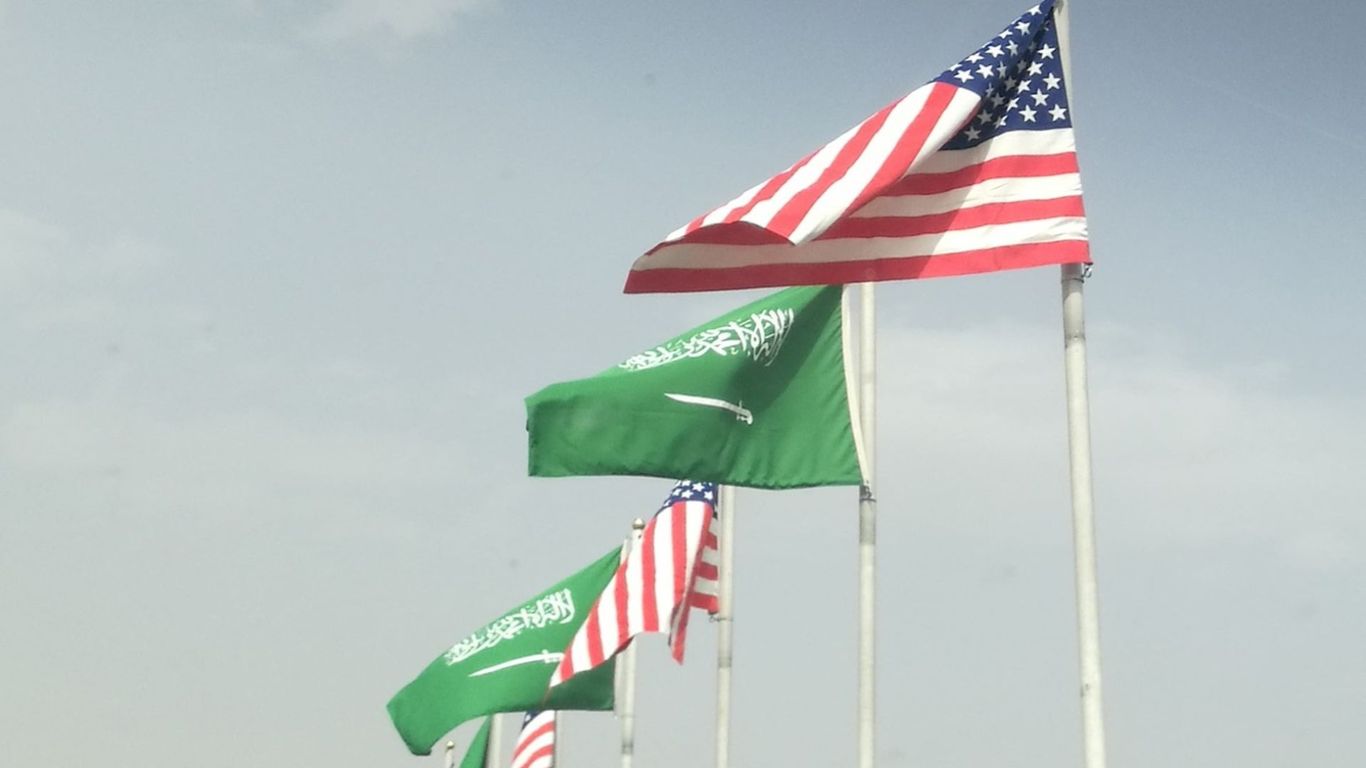

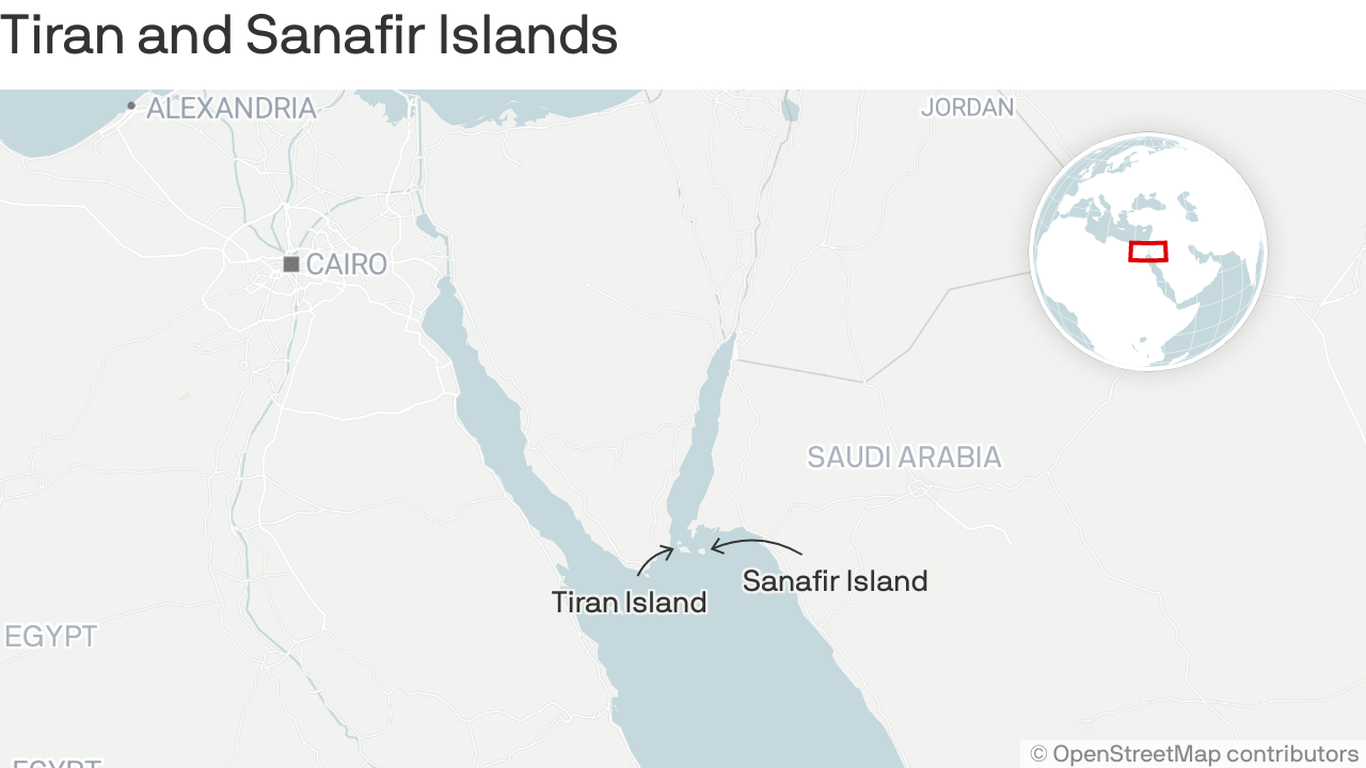
Scoop: U.S. negotiating deal among Saudis, Israelis and Egyptians

- Barak Ravid, author of Axios from Tel Aviv
Chart: Axios Visuals
The Biden administration has been quietly mediating among Saudi Arabia, Israel and Egypt on negotiations that, if successful, could be a first step on the road to the normalization of relations between Saudi Arabia and Israel.
Why it matters: If an arrangement is reached, it would be a significant foreign policy achievement for the Biden administration in the Middle East.
- It involves finalizing the transfer of two strategic islands in the Red Sea from Egyptian to Saudi sovereignty, five U.S. and Israeli sources told Axios.
The big picture: According to the sources, the Biden administration believes finalizing an arrangement could build trust between the parties and create an opening to warm relations between Israel and Saudi Arabia, which do not have official diplomatic relations.
- The U.S. and Israeli sources said the agreement is not complete and the sensitive negotiations are ongoing, according to the U.S. and Israeli sources who are knowledgeable about the negotiations but who are not at liberty to publicly discuss them. The White House wants an agreement to be reached before President Biden's upcoming trip to the Middle East at the end of June, which could include a stop in Saudi Arabia, according to the sources.
- The Tiran and Sanafir islands control the Straits of Tiran — a strategic sea passage to the ports of Aqaba in Jordan and Eilat in Israel. Saudi and Egyptian officials say Saudi Arabia gave Egypt control of the islands in 1950. They were later demilitarized as part of the 1979 Israeli-Egyptian peace treaty.
- The White House and the Israeli prime minister’s office declined to comment. The embassies of Saudi Arabia and Egypt did not immediately respond to a request for comment.
Successful negotiations could also lower tensions between the Biden administration and Saudi Arabia.
- It would be the most significant U.S. foreign policy achievement in the Middle East since the Abraham Accords, which were brokered by the Trump administration and led to normalization agreements between Israel, the United Arab Emirates, Bahrain and Morocco.
- Saudi Arabia supported the Abraham Accords but made it clear at the time they wouldn't normalize relations with Israel unless there was serious progress in the Israeli-Palestinian peace process.
Catch up quick: Under the 1979 Israeli-Egyptian peace treaty, Tiran and Sanafir must be a demilitarized zone and have the presence of a force of multinational observers led by the United States.
- Biden once vowed to make Saudi Arabia a "pariah" and relations have been strained over a number of issues, including the kingdom's human rights record and the murder of Washington Post columnist Jamal Khashoggi. U.S. intelligence says Saudi Crown Prince Mohammed bin Salman is responsible — an allegation Saudi Arabia denies.
Behind the scenes: White House Middle East coordinator Brett McGurk is the Biden administration's point person in the current mediation efforts, according to the U.S. and Israeli sources.
- Despite public protests in Egypt, the Egyptian parliament in June 2017 and the country's supreme court in March 2018 approved a deal to transfer sovereignty back to Saudi Arabia.
- But the deal needed buy-in from Israel because of the 1979 peace treaty. Israel gave in principle its approval to transfer the islands back to Saudi Arabia pending an agreement between Egypt and Saudi Arabia on continuing the work of the multinational force of observers who are in charge of patrolling the islands and ensuring that freedom of navigation in the strait remains unhindered.
- But the arrangement was never finalized. Several unresolved issues remained, including the work of the multinational force.
Israel also wants Saudi Arabia to take certain steps as part of broader efforts to reach agreement on several issues, two U.S. and two Israeli sources said.
- A main issue is the multinational force of observers, the sources said.
- Saudi Arabia agreed to keep the islands demilitarized and commit to maintaining full freedom of navigation to all ships but wanted to end the presence of the multinational observers in the islands, the sources said.
- Israeli officials agreed to consider ending the presence of the multinational force but asked for alternative security arrangements that would achieve the same results, according to the sources.
What’s next: President Biden is planning to go to Saudi Arabia as part of the upcoming Middle East trip, as first reported by CNN.
- Israel asked that Saudi Arabia allow Israeli airlines to cross more Saudi airspace, which would dramatically shorten flights to India, Thailand and China, the sources added.
- After the Abraham Accords were announced, Saudi Arabia began to allow Israeli airlines to cross some of their eastern airspace for flights to the UAE and Bahrain.
- The Israelis also want the Saudis to allow direct flights from Israel to Saudi Arabia for Muslims in Israel who want to go on pilgrimage to the holy cities of Mecca and Medina.
- If the visit takes place, it would be Biden's first with bin Salman. The trip would also include a summit with the leaders of Saudi Arabia, United Arab Emirates, Bahrain, Oman, Qatar, Kuwait, Egypt, Jordan and Iraq, several Arab sources confirmed.

U.S. quietly negotiating among Saudis, Israelis and Egyptians on Red Sea islands transfer
A deal could be a first step on the road to the normalization of relations between Saudi Arabia and Israel.www.axios.com
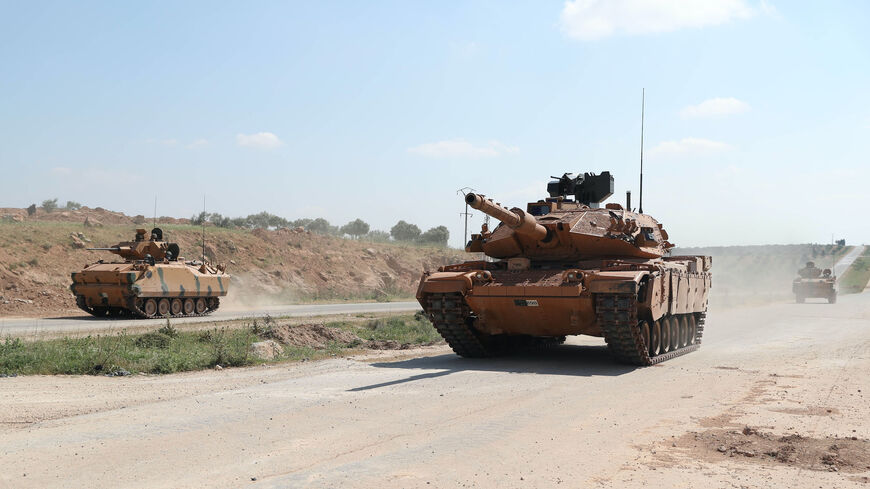
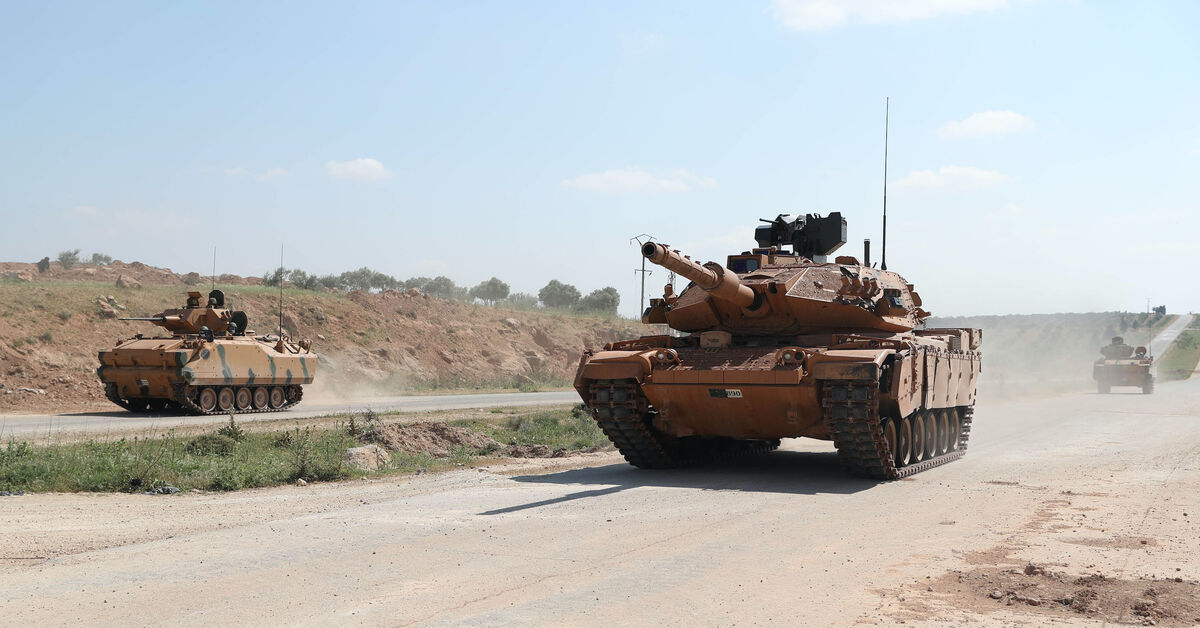
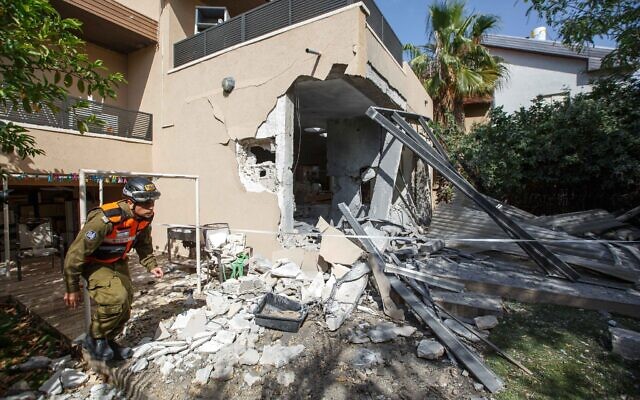
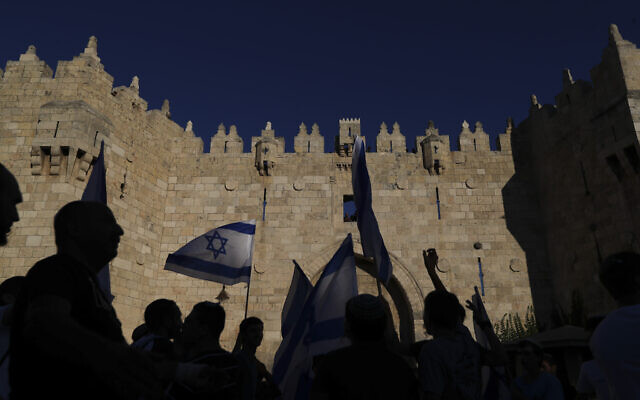
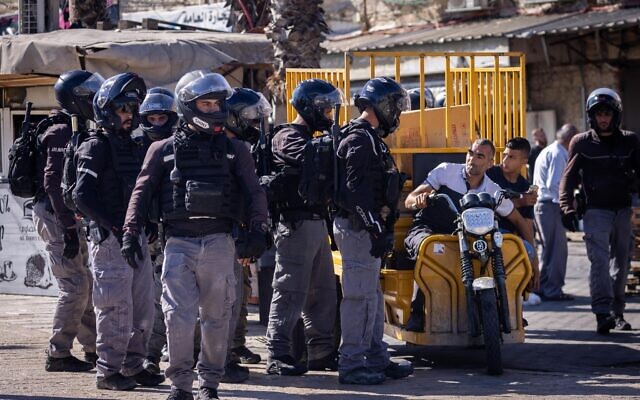
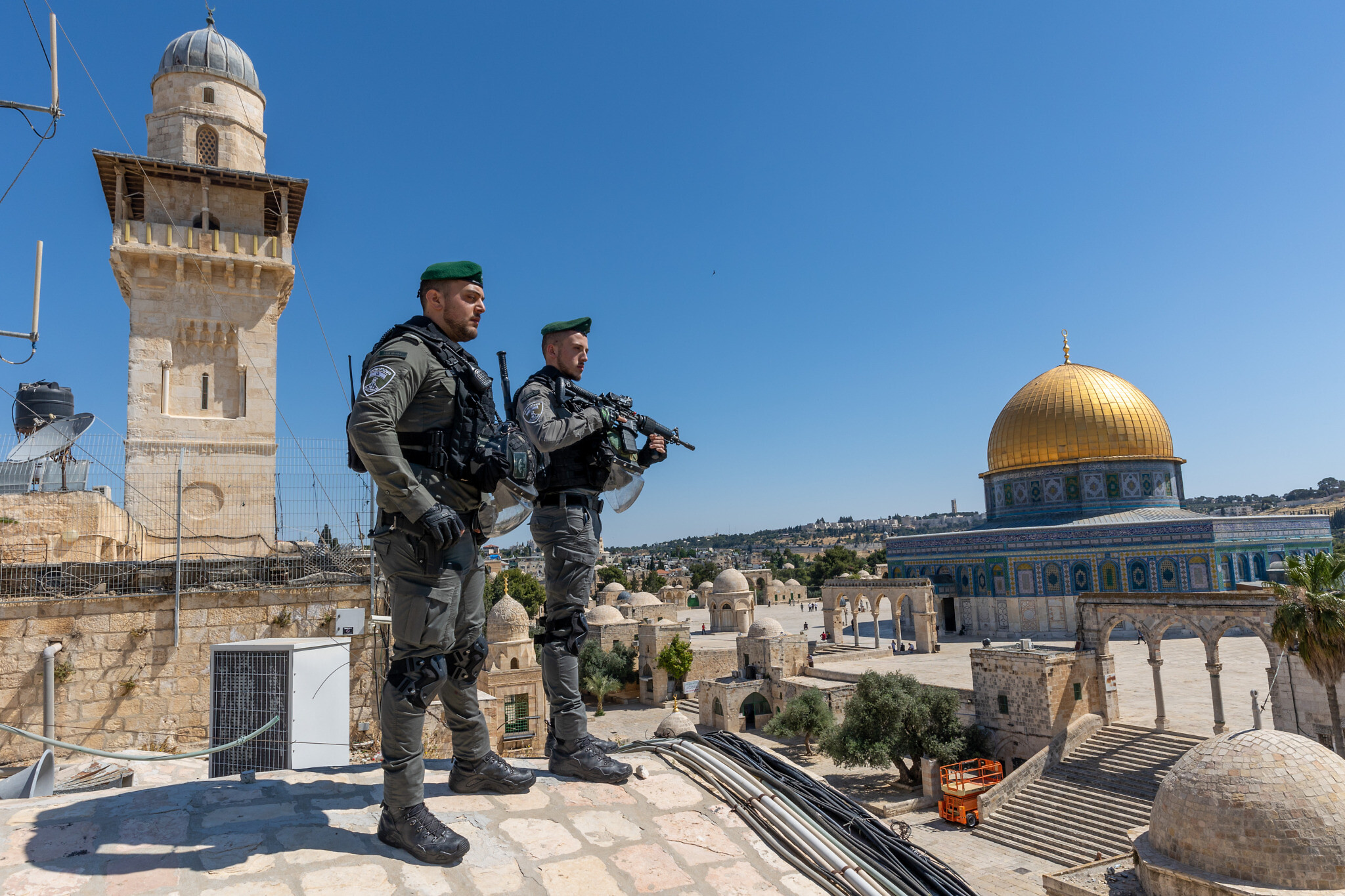

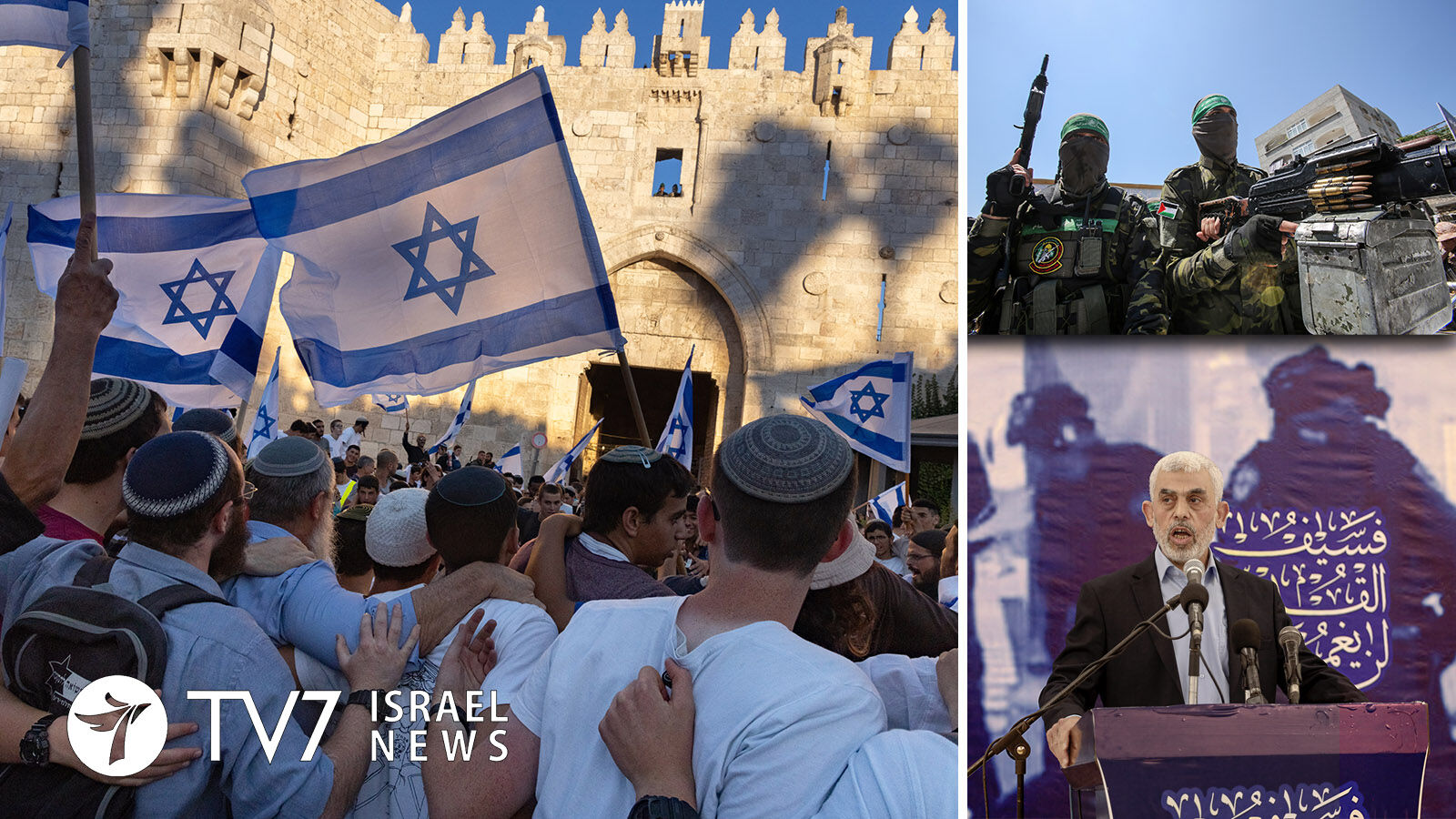
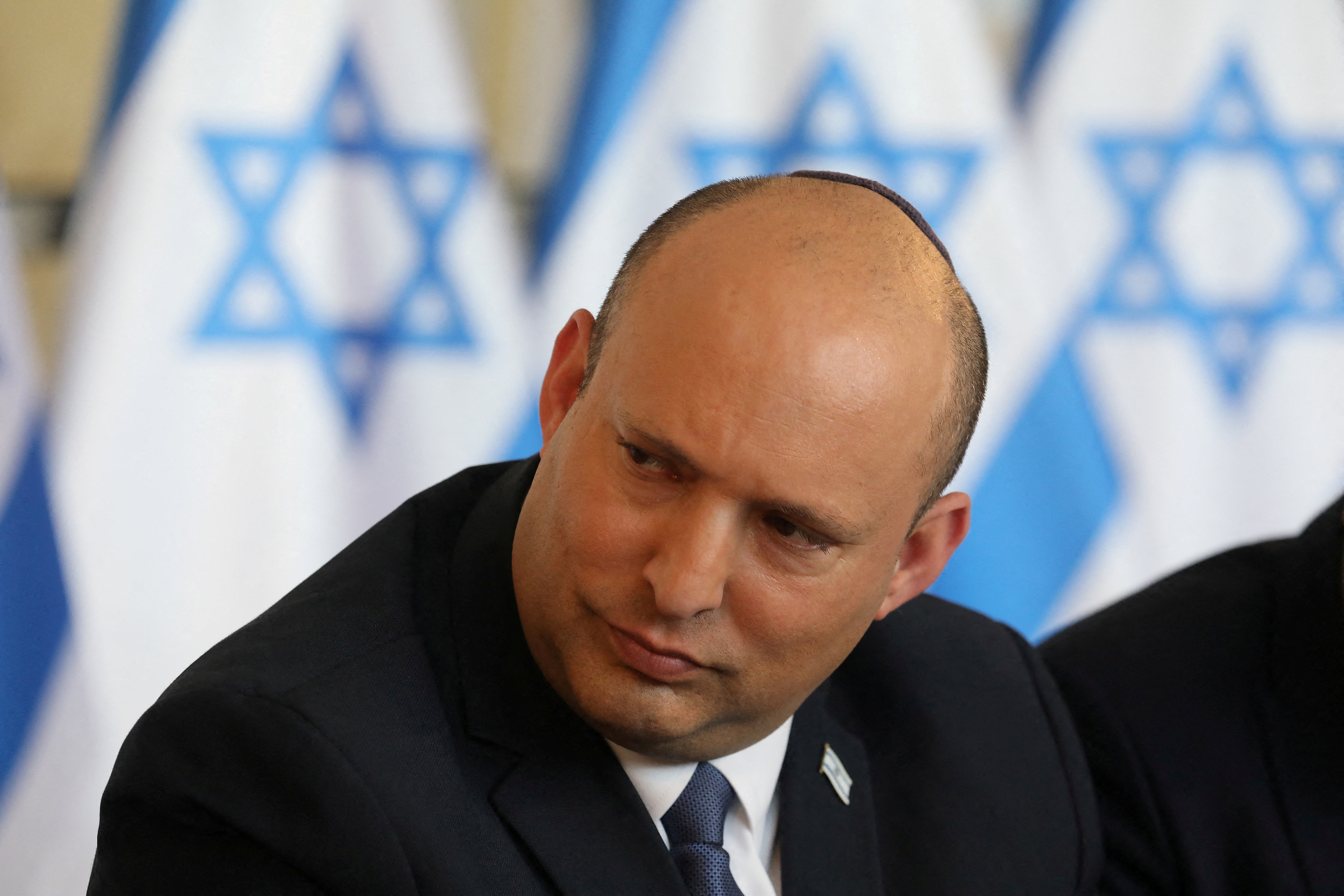
/cloudfront-us-east-2.images.arcpublishing.com/reuters/EE5VMOW5PBOJJECSA5BP64KVSY.jpg)



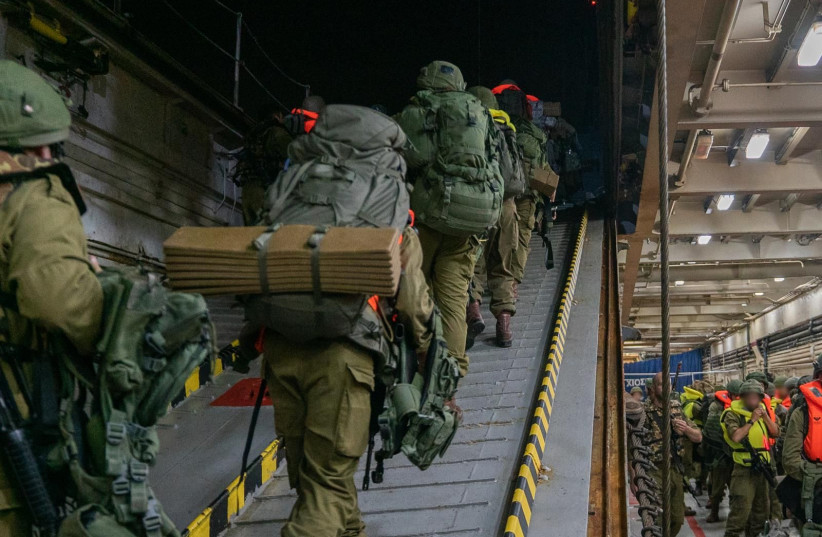
“[The drill] highlights the excellent relations between the two countries in recent years in the field of defense and security.”
Cyprus



Sounds like we are getting ready to meet on the fields of Megiddo now.
Getting closer every daySounds like we are getting ready to meet on the fields of Megiddo now.

